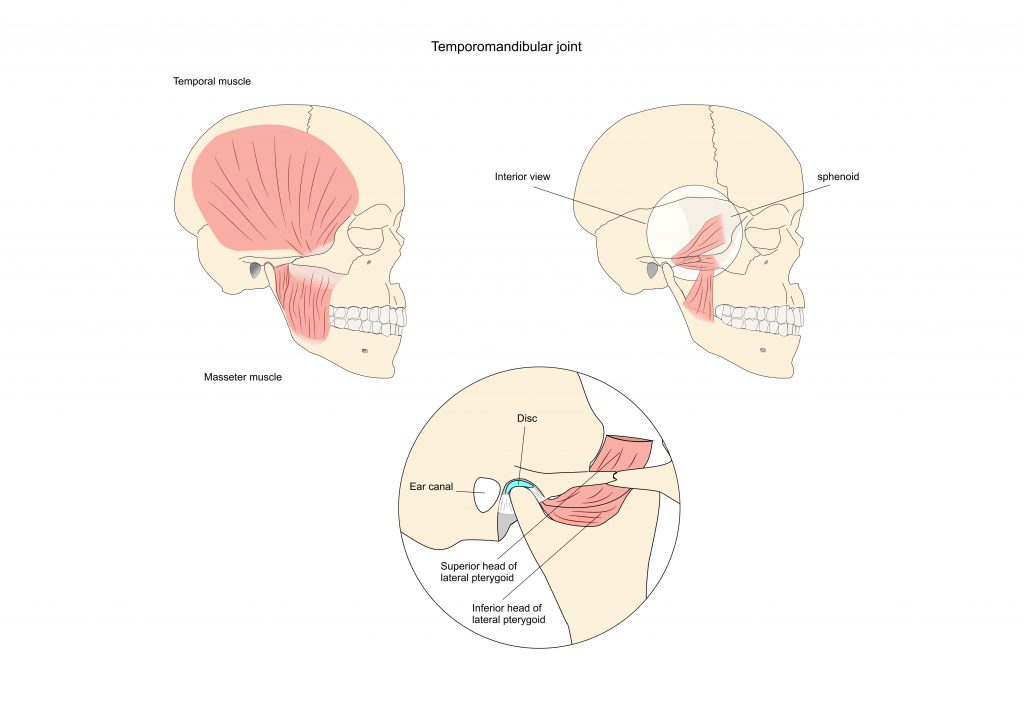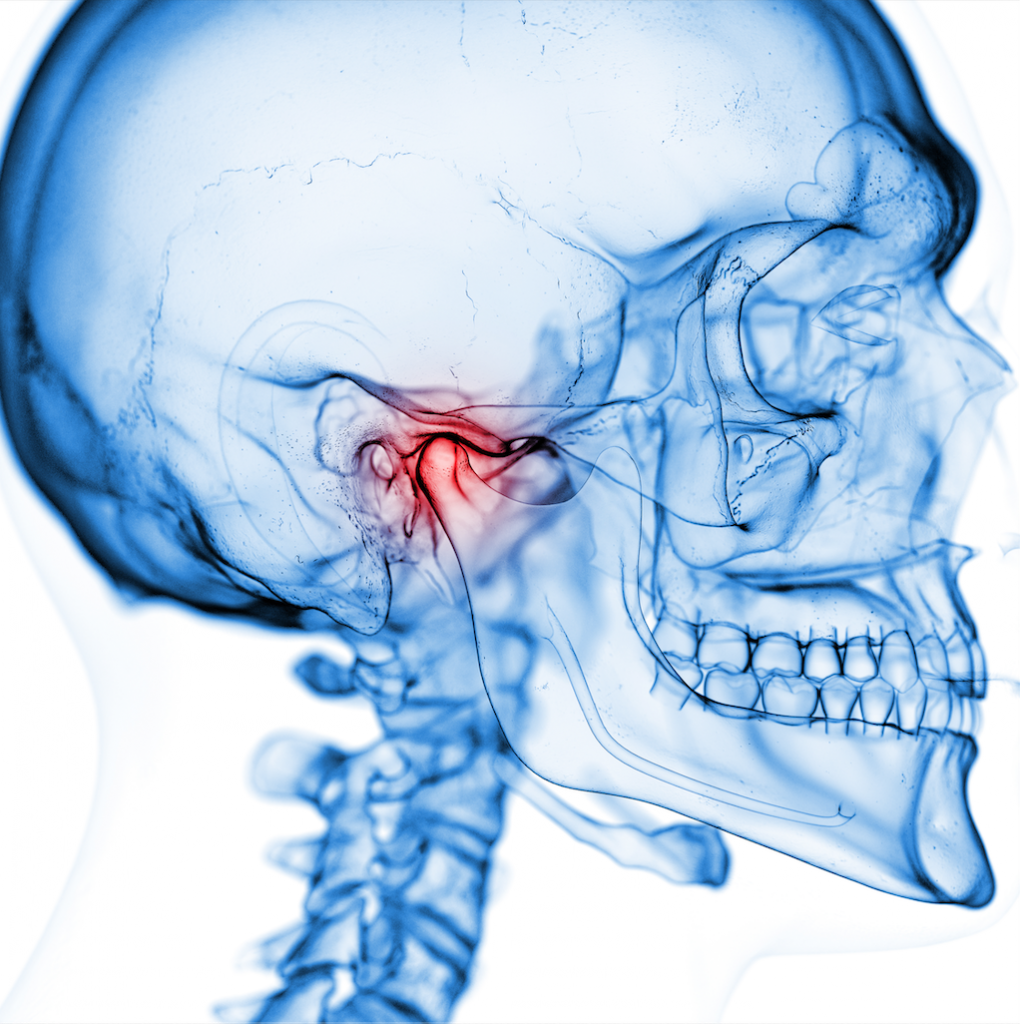Stop Bumping Your Gums and Get Your Jaw Fixed!
Pain from the jaw can manifest itself in lots of different ways, from neck pain to ear ache and toothache, even chest pain. So before you think of having a tooth extracted, make sure the pain is not coming from one of the joints of your jaw. Problems with the joints in your jaw or the temporomandibular joint (TMJ) can be susceptible to sprains just like any other joint in the body and present as an ache or a sharp pain at rest or when using your mouth for eating, chewing or yawning. You can get arthritis in the TMJ, but imaging, as with other areas of the body, is not always helpful in predicting if the joint is painful or not.
Why do you get jaw pain?
The pain can appear as a result of something obvious such as a trauma (a punch or knock from contact sport), or for no apparent reason at all. The pain can come on its own or with referral from other areas like the neck. Physiotherapists at Physis are all experienced MSK clinicians and are trained to assess the jaw region so are able to determine if the problem is coming from the TMJ and then what to do about it.

How to help jaw pain
Reducing physical stress on the joint can often help to reduce the pain. This means stopping bad habits that can place excessive strain on the joint, like:
- Clenching your jaw / grinding your teeth, which can cause overactivity of the jaw muscles.
- Excessive chewing / biting (nails, pen tops, gum) – the poor jaw muscles need a rest too!
- Excessive mouth opening / yawning – this can cause the jaw to lock, which is really distressing!
- Resting your head in your hand at a desk / table
- Stress
- Lack of sleep

Some of these factors can make the joint sore or the surrounding muscles tense, which can restrict the range of motion of your jaw, which can impact on your ability to open your mouth, and interfere with eating – not a pleasant way to lose weight! Gentle manual therapy from your physiotherapist can help to relax the musculature and mobilise the joints to restore normal range of motion, and normal function. Pain medication like anti-inflammatories can also help to alleviate some of the discomfort.
Exercises can help to ensure that full range motion is restored and that any deviation is corrected. A home exercise programme is really important complementing any treatment received within the clinic. A combination of relaxation techniques and self massage can help to reduce the muscle tension, and the practice of normal jaw movements helps to reinforce good movement without deviation. At your assessment your physiotherapist will identify your priorities specific to your problem and detail which exercises you need to do to correct your individual problem.
Why does my jaw click?
Clicking in the joint occurs normally and is not something to be concerned about. 60% of people experience clicking within their jaw, but only 16% of people generally seek treatment for jaw problems. Most people live with the clicking, but if it reaches a point where the jaw is locking and causing distress or pain, you should definitely have this looked at.

The really good news is that TMJ pain is considered to be best treated with physiotherapy, and that surgery is not recommended. Mouth splints from your dentist may help prevent your teeth from increased wear if you grind your teeth, but have been shown to be largely unhelpful in the treatment of jaw pain. The vast majority of jaw pain settles with treatment.
If you would like help contact us.


